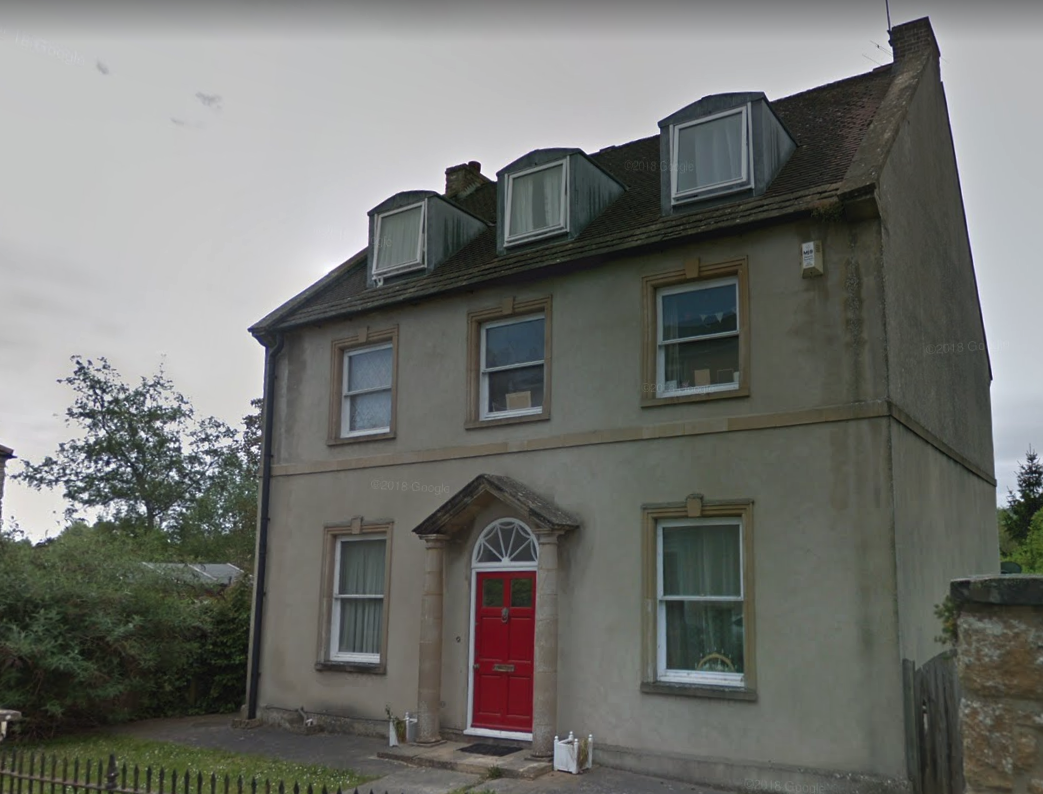Landlords in England as of the 20th March 2019 will have comply with new legislation which aims to boost the standard of rented homes for the health, safety and welfare of tenants. The new legislation will provide tenants with a new route to request improvements to sub-standard rented housing, rather than the previous system which was reliant on local authorities who had limited resources.
The Act will insert an implied covenant requiring all rented homes to be ‘fit for human habitation’ at the start of the tenancy to remain in this condition throughout. The Act also applies to communal areas.
In terms of assessing ‘fit for human habitation’, the Act uses the 29 hazards listed in the Housing Health and Safety Rating System (HHSRS) to determine if a house is ‘fit for human habitation’. The rating system was established to allow local authorities to enforce living standards across the private rented sector. The hazards include condensation, damp and mould growth, excessive cold or heat, security, fire gas and electrical safety, water supply, sanitation, facilities for preparing and cooking food, state of repair. A house will be ruled to be unfit ‘if and only if, it is so defective in one or more of those matters that it is not reasonably suitable for occupation in that condition.’
If a landlord fails to comply with the standards, the tenant will have the right to take court action for breach of contract and force the landlord to take remedial action to resolve the issues. Tenants are entitled to take action against letting agents if a house they are providing ‘full management services’ for does not meet the required standards. The landlord will not be responsible to undertake any works that the tenant is liable for under the lease terms.
The new legislation will apply to any dwelling let for human habitation on or after 20th March 2019 for a term of less than 7 years, this includes the renewal of a fixed term lease where the renewal takes place on or after 20th March 2019. As of 20th March 2020 periodic and secured tenancies will be covered by the provisions of the Act.
In reality, this legislation should not worry landlords as a reasonably maintained property should not be deemed unfit and landlords will not be liable where the ‘unfitness’ has been caused by the actions of tenants. However, although the standards have not changed it is another piece of legislation that landlords must demonstrate that they comply with.

